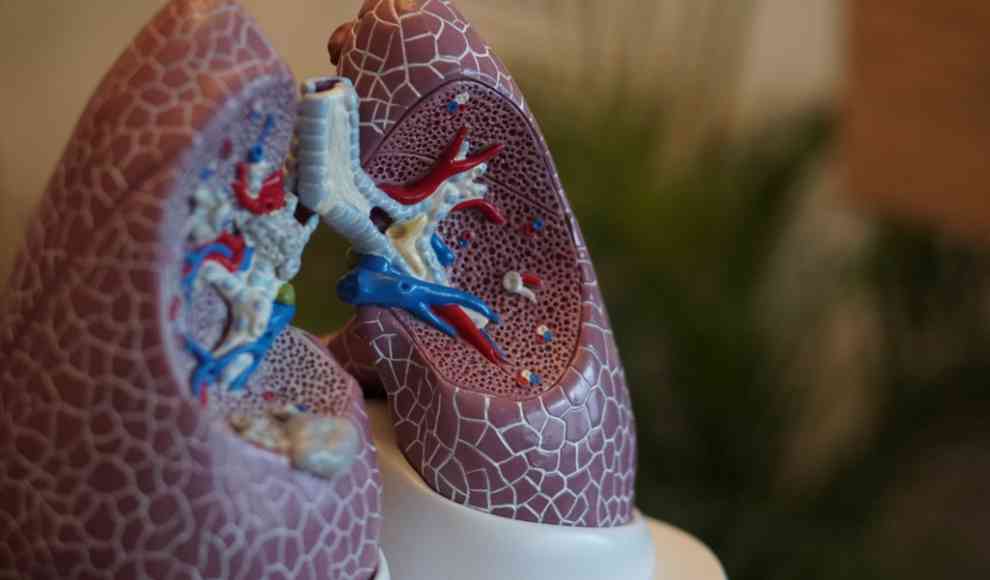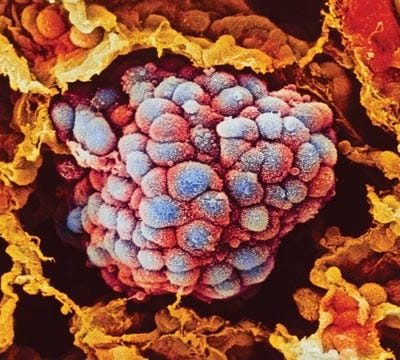A new method of administering vaccines through inhalation has been developed, which could be used to prevent COVID-19 and other respiratory illnesses. This new technique could even be used to prevent cancer in the future. Most vaccines are currently administered intramuscularly, but some can also be given as oral or nasal sprays. The advantage of these methods is that they can target the specific areas where pathogens attack the body. Inhalable vaccines, in particular, can lead to the formation of T-memory cells in the mucous membranes, which can provide stronger immunity against respiratory viruses than intramuscular vaccines. However, current inhalable vaccines only work if they contain live viruses that can overcome the mucous membrane barriers. Peptide vaccines or mRNA vaccines, which do not contain live viruses, cannot be administered through inhalation or nasal sprays because they are quickly removed from the mucous membranes.
Researchers at the Massachusetts Institute of Technology have developed a new method of administering peptide vaccines through the mucous membranes. They added a substance that binds the peptide to albumin, a protein found in mucous membranes, which acts as a “Trojan horse” to deliver the vaccine through the barrier. The researchers tested the vaccine on mice by administering it through inhalation and intramuscular injection. The inhalable vaccine led to a 25-fold stronger T-cell response than the intramuscular vaccine. The researchers also found that intranasal administration was less effective than inhalation. The researchers then exposed the vaccinated mice to the Vaccinia virus, which is normally lethal to mice. The mice that received the vaccine through inhalation survived the virus, while the mice in the other groups lost weight and died.
The researchers also tested an inhalable vaccine against cancer metastases in mice. The mice that received the vaccine developed T-cells against the melanoma peptides, which prevented the formation of metastases in the lungs. The researchers believe that inhalable vaccines could be used to prevent cancer in the future. This new method of administering vaccines could revolutionize the way we prevent and treat respiratory illnesses and cancer.










